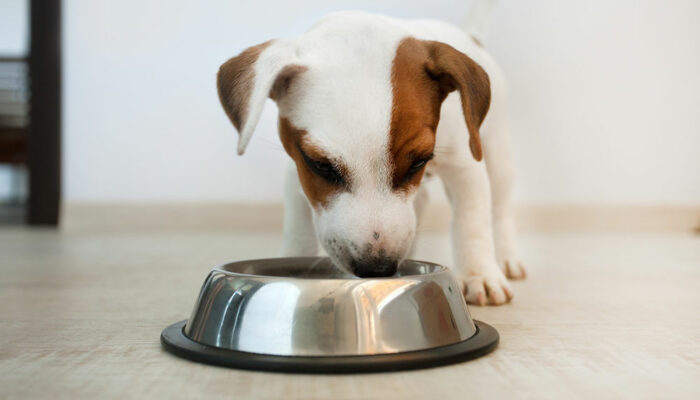
5 Foods to Eat for Depression
If you are undergoing depression, then you may, at times, turn to certain foods to make yourself feel better. However, most often, you may end up eating foods that are loaded with saturated fats, sugar, or caffeine, which worsen the symptoms of depression and even your overall health. Listed below are a few foods to help manage and cope with depression better:
1. Foods rich in complex carbohydrates
Eating fruits, vegetables, whole grains, and legumes that are rich in fiber and complex carbohydrates help to boost the mood by triggering the release of the neurotransmitter serotonin. These are, hence, foods that help manage depression, and should be included in your diet. Opt for whole grains and healthy carbohydrates, and avoid sugary foods and those made with refined flour.
2. Foods rich in omega-3 fatty acids
These kinds of foods include oily fish, such as salmon, sardines, and mackerel; nuts like walnuts; dark leafy vegetables including spinach; and oils, such as canola and flaxseed. Studies have shown that these foods not only help improve brain function, but can also reduce the severity of the symptoms of depression.
3. Foods rich in vitamin D
Fish, milk, and tofu are among the many vitamin D-rich foods that help manage depression. Studies have shown that people with an insufficient amount of vitamin D in their body are more prone to depression. In addition to eating the above-mentioned foods, spending time in the sun can help boost the amount of vitamin D in your body.
4. Foods rich in selenium
Foods, such as whole grains, beans, seafood, lean meats, and nuts contain a compound known as selenium. Studies have found that a deficiency of selenium in the body can increase the risk of developing depression. Selenium is also available in the form of supplements. However, consult your doctor before you take any selenium supplements, as too much of it can be harmful and toxic.
5. Foods rich in antioxidants
Berries, especially blackberries, raspberries, strawberries, and blueberries, are rich in antioxidants. They can not only reduce your risk of developing mental conditions like depression, but also also help in cell repair. Antioxidants can prevent health conditions like cancer, which often affect the mental health of patients, even pushing them into depression in some cases. In addition to antioxidants, foods containing folic acid and alpha-lipoic acid, such as tomatoes, can help fight depression. Studies have also found that a deficiency of folate in the body can put you at a greater risk for depression.



